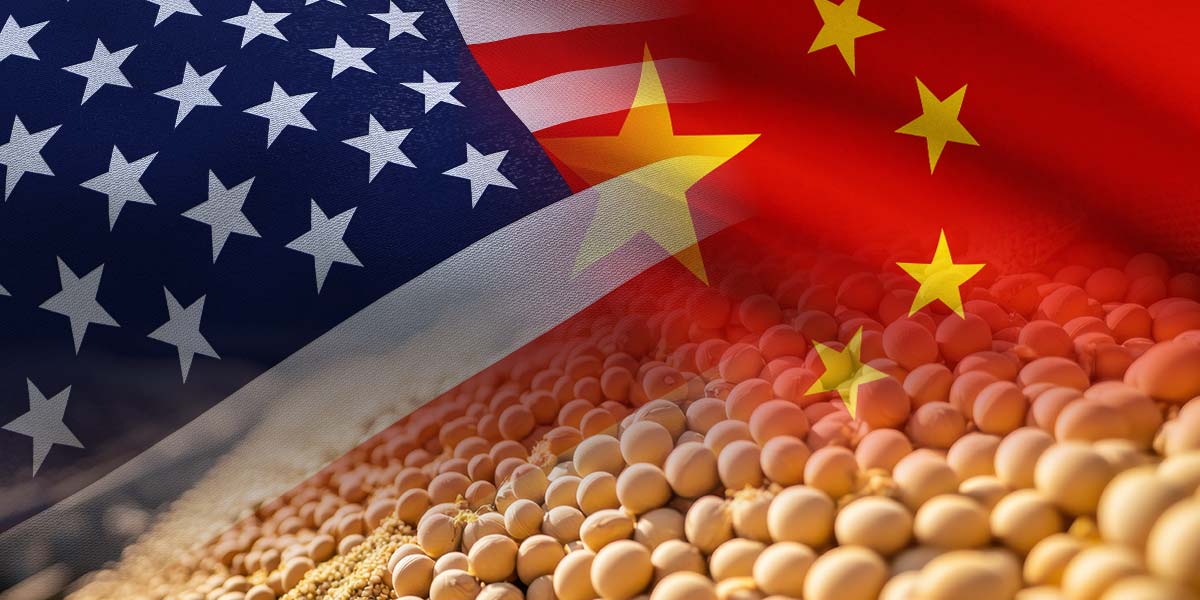China has secured at least 10 cargoes of U.S. soybeans, valued at approximately $300 million, through contracts signed since Tuesday, according to a Reuters report citing two traders familiar with the transactions.
The purchases come just a day after the U.S. and Chinese presidents discussed trade over the phone, signaling improving relations between the two nations. The uptick in soybean orders marks a notable shift following several months of limited demand as tensions escalated between Washington and Beijing.
U.S. President Donald Trump described his conversation with Chinese President Xi Jinping as highlighting an “extremely strong” relationship, while revealing he urged Beijing to speed up and expand its purchases of American goods. Trump also indicated that Xi had “more or less agreed” to the U.S. requests during their call.
Sources indicated China paid a premium for the recent U.S. shipments, offering around $2.3 per bushel over the January Chicago Board of Trade (CBOT) futures price for deliveries via Gulf ports, and $2.2 per bushel for supplies from Pacific Northwest facilities.
Johnny Xiang, founder of Beijing-based AgRadar Consulting, noted that commercial buyers are still likely to avoid U.S. soybeans, as they remain more expensive than Brazilian supplies, which were trading at a lower premium of about $1.8 per bushel over the same futures contract, according to the two traders. Xiang added that crush margins are not financially viable at current U.S. price levels.
Beijing’s recent buying spree, led by state-run food giant COFCO, has resulted in nearly 2 million tons of U.S. soybeans being booked since late October, according to U.S. Department of Agriculture figures. This remains significantly below the 12 million ton target previously announced by the White House.
Nevertheless, U.S. Treasury Secretary Scott Bessent said on Tuesday that China’s purchases of American soybeans are “right on schedule,” citing an agreement for Beijing to purchase 87.5 million tons over the next three and a half years.





